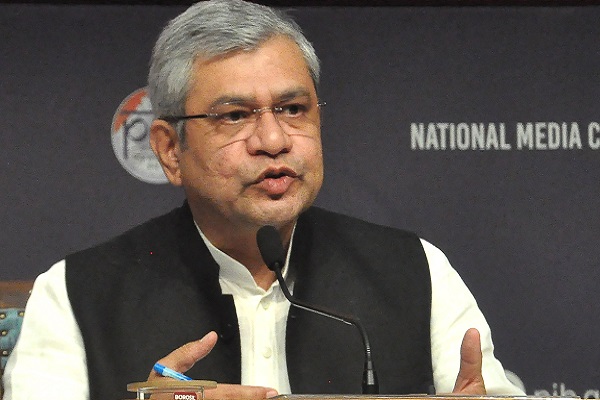Work-Life Balance: The Key to a Healthy and Productive Life

In today’s fast-paced world, achieving a harmonious balance between work and personal life has become more important than ever. With the rise of remote work, digital connectivity, and demanding job roles, the lines between professional and personal time often blur, leading to stress, burnout, and decreased overall well-being. Understanding and prioritizing work-life balance is crucial not only for mental and physical health but also for productivity and job satisfaction.
What is Work-Life Balance?
Work-life balance refers to the equilibrium where an individual effectively manages their professional responsibilities while also dedicating adequate time to personal interests, family, health, and relaxation. It’s about creating boundaries that allow you to fulfill your job requirements without compromising your personal happiness and well-being.
Why is Work-Life Balance Important?
Mental Health: Constant work pressure without adequate downtime can lead to anxiety, depression, and burnout. A balanced lifestyle helps maintain emotional stability.
Physical Health: Long working hours with little rest can contribute to chronic illnesses such as heart disease, obesity, and sleep disorders.
Productivity and Creativity: Well-rested and relaxed individuals are more focused, creative, and productive at work.
Relationships: Spending quality time with family and friends strengthens social bonds and provides emotional support.
Challenges to Achieving Work-Life Balance
Technology and Connectivity: Smartphones and laptops keep people connected 24/7, making it difficult to “switch off” from work.
Remote Work Blur: Working from home can make it harder to separate work hours from personal time.
High Expectations: Competitive job markets push employees to work longer hours and be constantly available.
Tips to Improve Work-Life Balance
Set Clear Boundaries: Define specific work hours and stick to them. Avoid checking emails or work messages after hours.
Prioritize Tasks: Focus on important tasks and delegate or postpone less critical ones to reduce workload stress.
Take Breaks: Short breaks during work hours and regular vacations can rejuvenate the mind and body.
Practice Self-Care: Engage in activities like exercise, hobbies, meditation, and socializing to maintain well-being.
Learn to Say No: Avoid overcommitting and learn to manage your time realistically.
Communicate: Talk openly with employers and family members about your needs and challenges to find supportive solutions.
Conclusion
Work-life balance is not a one-time goal but an ongoing process of self-awareness and adjustment. By creating healthy boundaries and prioritizing both work and personal life, individuals can lead more fulfilling lives, reduce stress, and enhance their performance at work. In a world that never seems to slow down, finding this balance is essential to thriving both professionally and personally.
.jpg)























